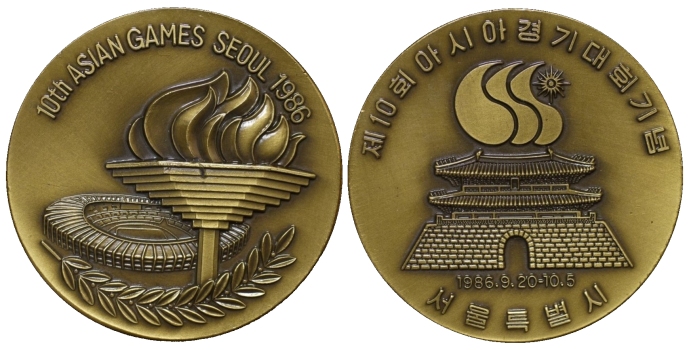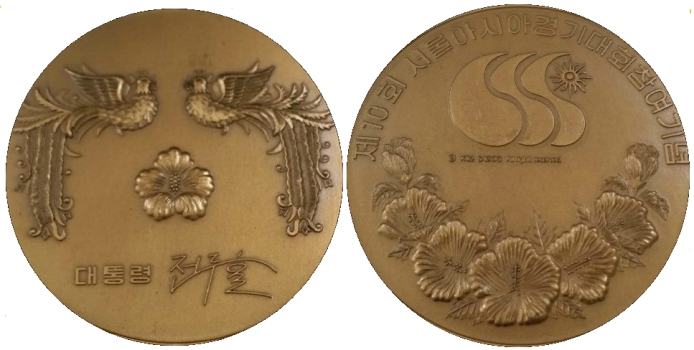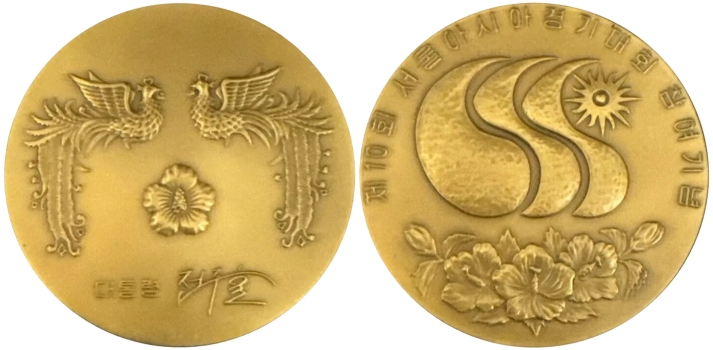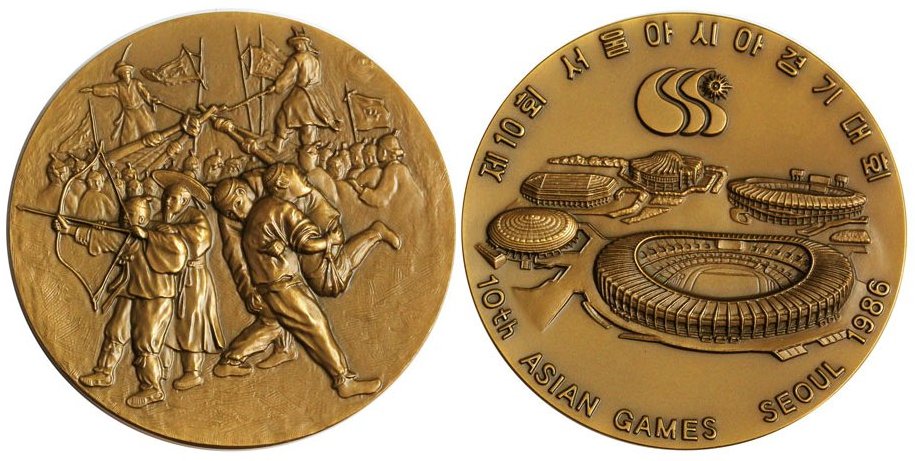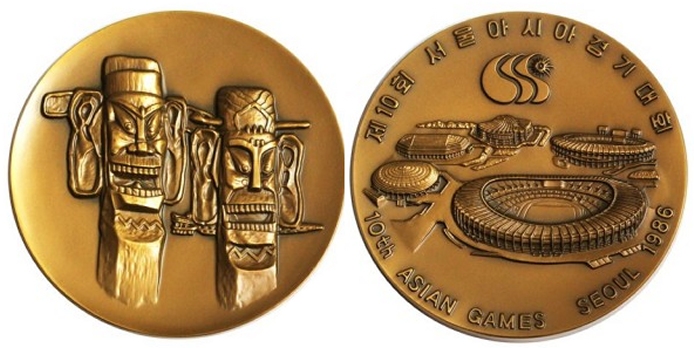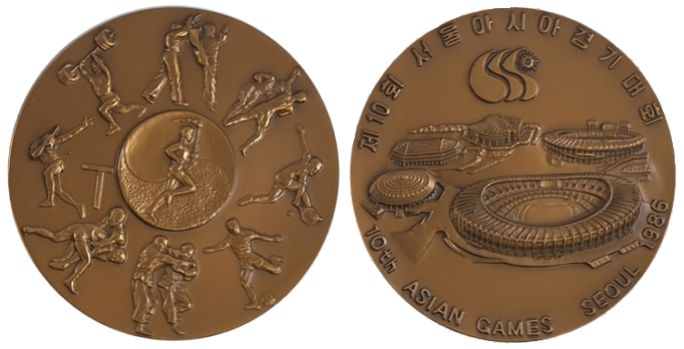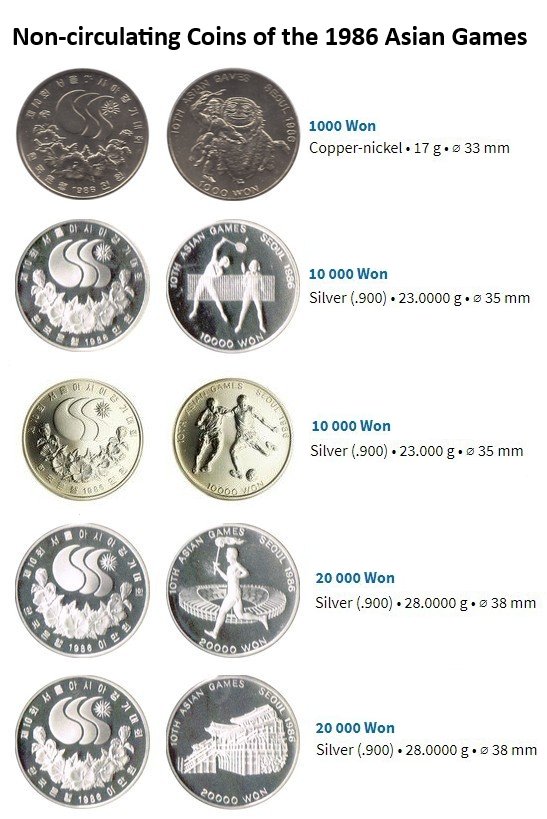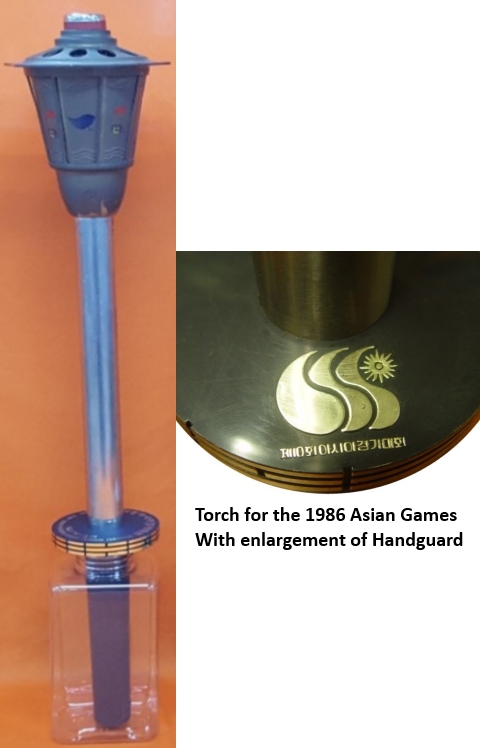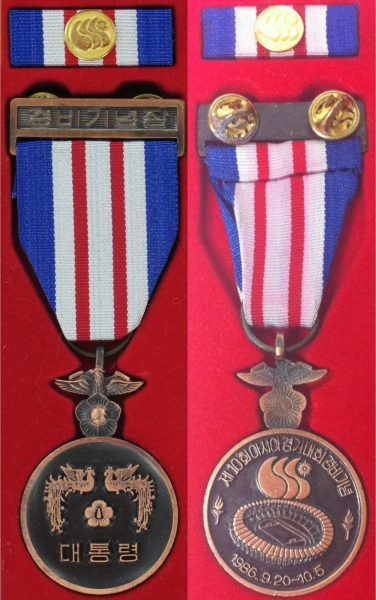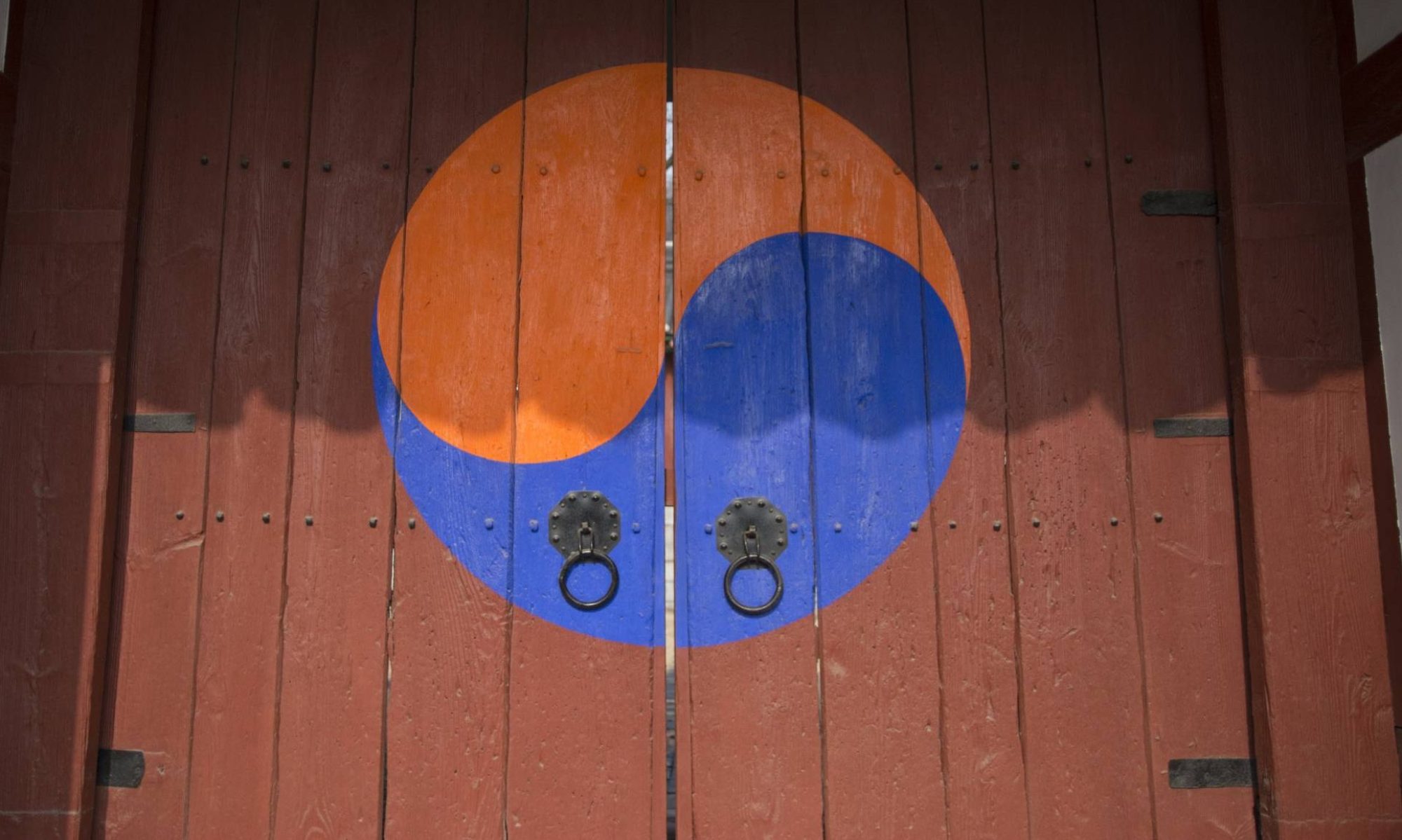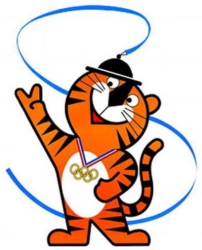
Seoul had previously been scheduled to host the 1970 Asian Games, but it received security threats from North Korea, forcing it to give up hosting the games. On September 21, 1979, the Korean Olympic Committee received government approval to host the games. The committee officially announced its bid to host the Games on October 8, 1979. The Asian Games Federation Executive Committee held a meeting on December 3, 1980. Applications from Iraq, North Korea and South Korea had been submitted to the General Assembly, but during the selection process Baghdad, Iraq and Pyongyang, North Korea withdrew their bids, leaving Seoul as the only bid left standing. On Nov. 26, 1981, the Asian Games Federation unanimously confirmed the hosting of the event in Seoul. Preparations for the Games began on April 23, 1982, when the Seoul Asian Games Organizing Committee (SAGOC) was launched. In February 1983, SAGOC was merged with the Seoul Olympic Organizing Committee (SLOOC).
The 1986 Asian Games “1986년 아시안 게임” (also written as 1986년 아시아 경기대회) is formally known as the 10th Asian Games 제10회 아시아 경기대회 (also be written as 제10회 아시안 게임), but more is more commonly known as “Seoul 1986” (서울 1986). The games were held from Sept. 20 to Oct. 5, 1986. For Korea, this event was a dry run before hosting the Olympics two years later. The venues and facilities of the 10th Asian Games were the same venues and facilities that were to be used for the 1988 Summer Olympics. The success or failure of this event was directly linked to the success or failure of the scheduled 1988 Seoul Olympic Games. Korea gained considerable event management skills and experience, which were a stepping stone for the successful hosting of the Seoul Olympic Games.
The communist states of North Korea, Mongolia, Vietnam, Laos, Cambodia, Afghanistan, and South Yemen, as well as the countries of Burma, Syria, and Brunei all boycotted the Games for political reasons and conditions. However, the People’s Republic of China, which was set to host the next games in Beijing, competed, and ultimately finished at the top of the medal table. On Sept. 14th, 1986, a North Korean spy detonated a bomb behind a vending machine at Kimpo International Airport, which killed five people. This was just six days before the Games were scheduled to start.
A total of 4,797 athletes and executives from 27 of the 36 member countries of the Olympic Council of Asia participated, marking these games, the largest event to date in terms of scale. The Seoul Games was also the largest of all competitions in terms of sports events, with 25 events. More than 270 high-ranking international sports officials were at the games. This included Juan Antonio Samaranch, president of the International Olympic Committee, Asian Olympic Council president Sheikh Ahmed Al-Fahad Al-Ahmed Al-Jaber Al-Sabah. The presidents of each country’s Olympic committee, and the presidents of the International Federation of Summer Olympic Games (ASOIF), also attended various international conferences and observed the games. About 160 ministerial-level figures from various countries, including the Prime Minister of Japan, visited Korea during the event. However, several countries felt that the judging of many competitions were biased in favor of domestic athletes. The other two primary complaints were the lack of interpreters and Seoul’s famous traffic jams.
On Sept. 12, the ‘Asian Flame’ torch was lit at the Hwarang Education Center in Gyeongju. Along the route, 16,563 relay runners made a 4,175 km journey through 61 cities across the country. The motto for the games was ‘Ever Onward’. There were 4,800 competitors from 27 countries competing in 25 sports. There were 54,000 volunteers, which made the successful hosting of the event possible. China placed highest with 94 Gold medals, and Korea place 2nd with 93 Gold Medals. Koreans may have been disappointed in only taking second place, but the important thing is that they still beat Japan.
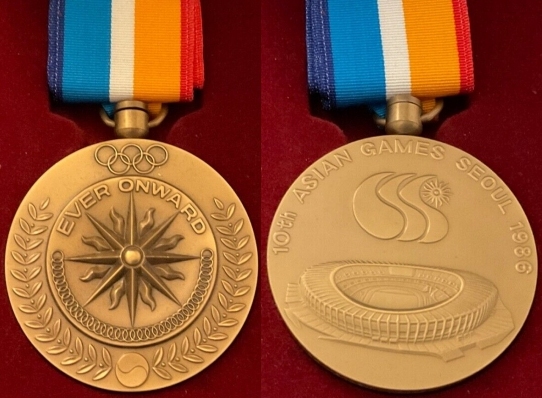
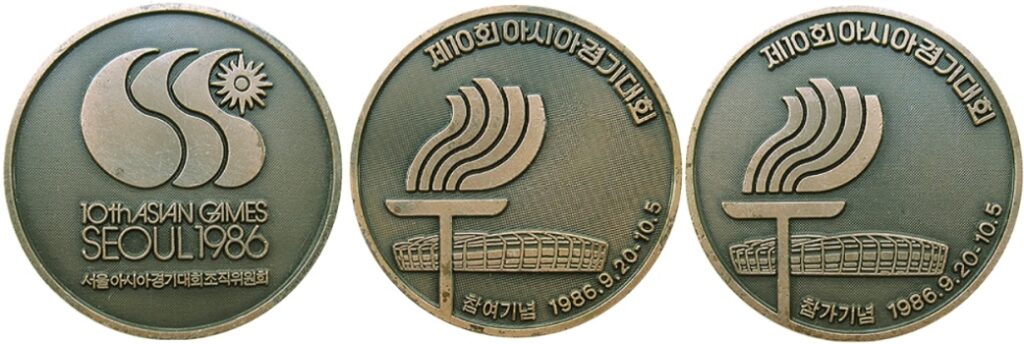
The obverse has in English “10th Asian Games Seoul 1986” and at the bottom in Korean is “Seoul Asian Games Organizing Committee” 서울아시아경기대회조직위원희.
Across the top of both reverses it has “10th Asian Games” 제10회 아시아 경기대회.
There is a difference in the reverses. Both have the dates “1986.9.20-10.5”, but just before the dates, they differ in the Korean Script. Both read as “Participation Commemoration”, but 참여기념 means to participate in public affairs and 참가기념 means to actually participate in the event. 60 x 5 mm, 92g

